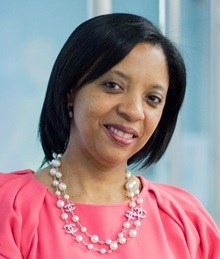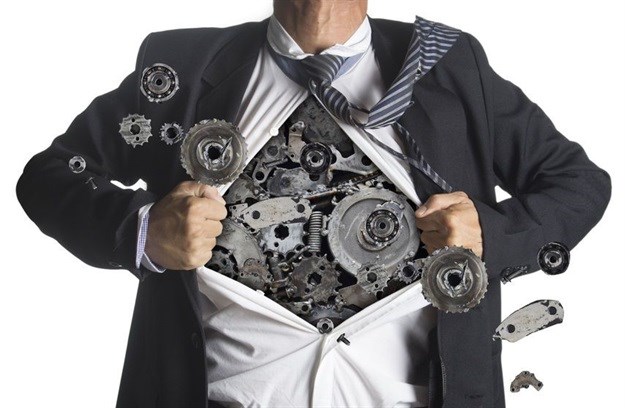In his State of the Nation address, President Cyril Ramaphosa highlighted a number of economic imperatives critical for South Africa's future: job creation, better equipping workers and improving productivity, among others. He vowed to convene a jobs summit in the coming months, to ensure a growing and productive economy. Critically, one factor in particular, set to affect our nation's economic development, is the accelerating pace of technological change.
Automation, employment and human-machine collaboration
Statements made by President Ramaphosa have demonstrated his awareness that today’s global economy demands digital fluency – an ability for our people to, in so many words, ‘run with the machine’. Gauteng Premier David Makhura has also commented on the coming change: the premier has stated that more than a third of current jobs in South Africa and Gauteng in particular, will be remade with the arrival of the 4th Industrial Revolution; others will disappear completely.
In this regard, the colour of your work collar no longer matters: recent research by Accenture shows that over a third of current jobs are currently at risk from automation, with both white and blue-collar workers’ jobs in the firing line. In general, the more predictable and repetitive a job, the more at risk that job is from automation. According to Accenture research, among the top 10 jobs at risk from automation are those of clerks, tellers, mining and maintenance workers, insurance claim and policy processors, bill and account collectors, moulders, casters, furnace operators and team assemblers. In position one of those whose jobs are most at risk are accountants, auditors and bookkeepers. Automation isn’t a force that will affect one part of our society only.
Collaboration and inclusion

Dr Roze Phillips
Making the most of South Africa’s economic future requires an acknowledgement that we – like all other countries – are part of a global economy. Against this backdrop, competitive forces make human-machine collaboration an economic imperative; at the same time, balancing drives for competitiveness with social responsibility is crucial.
The skills to compete
South Africa’s economy can thrive only when everyone has a place. As such, the first step toward a strong economic future is collaboration – harnessing the joint capabilities of the public and private sectors to make sure no one is left behind. The second step is acquiring the hard skills necessary to make it possible for all South Africans to thrive in the digital age. Tomorrow’s workers will need to be adaptable, flexible and entrepreneurial.
Some of the skills most likely to pay dividends include:
- The ability to build relationships and work effectively with others both in person and virtually.
- ‘Learning to earn’ – cultivating a mix of entrepreneurial and digital skills, and pairing them with creative, lateral thinking and complex problem-solving abilities.
- A capacity for flexibility and lifelong learning – ensuring one is able to adapt to new roles, tasks and ways of getting work done. In a digital economy, work is also often project-based, not restricted to a single employer, project or team.
Realising South Africa’s digital-economic potential
To ensure all South Africans are able to thrive, we must ensure that our people learn digital skills – and learn them quickly. More and more, children will need to learn the skills to earn, solve problems and ask questions – not merely follow and repeat. We are no longer in a conveyor-belt world. It’s no longer about putting Object X in Box Y. We need to be thinkers, creators, and digitally fluent workers able to lead and augment robotic processes.
President Ramaphosa’s State of The Nation address is a strong call to action. More than this, his speech revealed that South Africans are looking forward to living in a society in which we talk openly about the issues that face us, and collaborate meaningfully to solve them. Economic focus and political attention will be key in solving South Africa’s challenges – as will a shift in how we educate our youth and skill our workforce. The culture of Ubuntu means no person gets left behind. To get that right, we must start now.



































